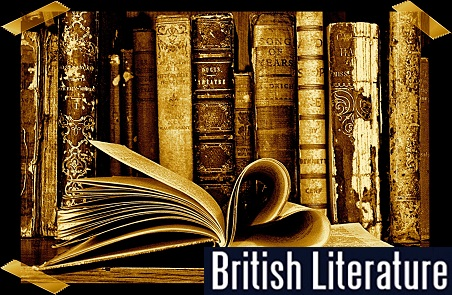Unit 2: Reading British Literature—The Voices of England
Unit 2: Reading British Literature—The Voices of England

Unit 2: Reading British Literature—The Voices of England

Unit 2: Reading British Literature—The Voices of England
Reading British literature provides a rich tapestry of voices that reflect the diverse cultural, historical, and social landscapes of England. Here are some key elements to consider when exploring 'The Voices of England' in British literature:
Historical Context: British literature spans centuries, from the medieval period to the present day. Each era offers unique insights into the voices of England, reflecting the prevailing attitudes, beliefs, and concerns of the time. Consider how historical events, such as wars, revolutions, and social movements, shape the voices of authors and characters in their literary works.
Regional Diversity: England is a country rich in regional diversity, with distinct dialects, accents, and cultural traditions. Explore how British literature captures the voices of different regions, from the rural landscapes of the countryside to the bustling streets of London. Pay attention to the linguistic nuances and regional identities portrayed in the works of authors from various parts of England.
Social Class and Status: British literature often explores themes of social class, hierarchy, and status, highlighting the voices of both the privileged elite and the working-class populace. Consider how authors depict the voices of characters from different social backgrounds and examine the power dynamics and inequalities inherent in English society.
Cultural Heritage: Delve into the rich cultural heritage of England through its literature, which celebrates traditions, folklore, myths, and legends passed down through generations. Explore how authors draw upon English folklore, fairy tales, and historical events to create narratives that resonate with readers and reflect the enduring spirit of the nation.
Political and Ideological Perspectives: British literature is shaped by political ideologies, debates, and movements that have shaped the course of English history. Consider how authors express their political views and critique societal norms through their literary works. Examine the voices of dissent, rebellion, and advocacy for social change that echo throughout British literature.
Identity and Belonging: British literature explores themes of identity, belonging, and national identity, reflecting the complexities of English identity in a multicultural society. Examine how authors grapple with questions of individual and collective identity, immigration, diaspora, and the evolving sense of what it means to be English in an increasingly globalized world.
Literary Movements and Styles: British literature encompasses a wide range of literary movements, genres, and styles, from the romantic poetry of William Wordsworth to the modernist experimentation of Virginia Woolf. Explore how different authors and literary movements contribute to the diverse voices of England, shaping the literary landscape and influencing future generations of writers.
By exploring 'The Voices of England' in British literature, readers can gain a deeper understanding of English culture, history, and society, while also appreciating the rich diversity of voices that have contributed to the literary canon. Whether through poetry, prose, drama, or essays, British literature offers a window into the soul of England, inviting readers to listen to the myriad voices that have shaped its literary heritage.
Vocabulary
Lesson Reading

